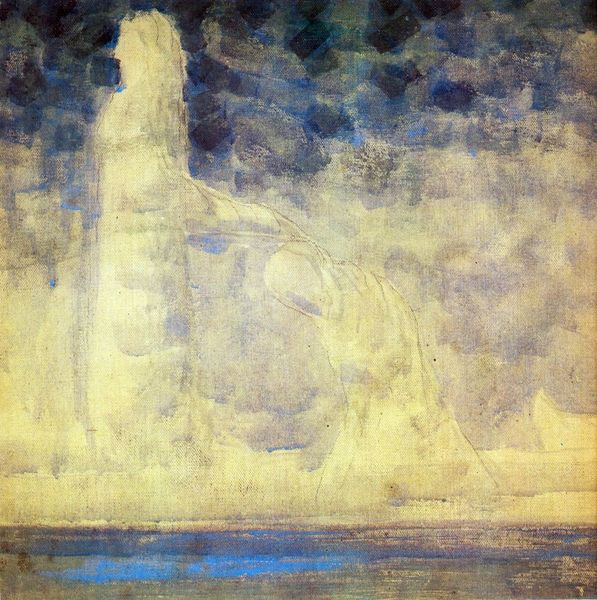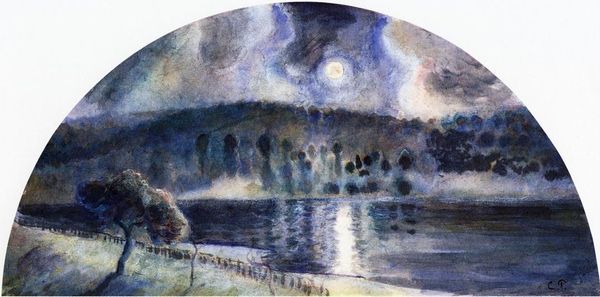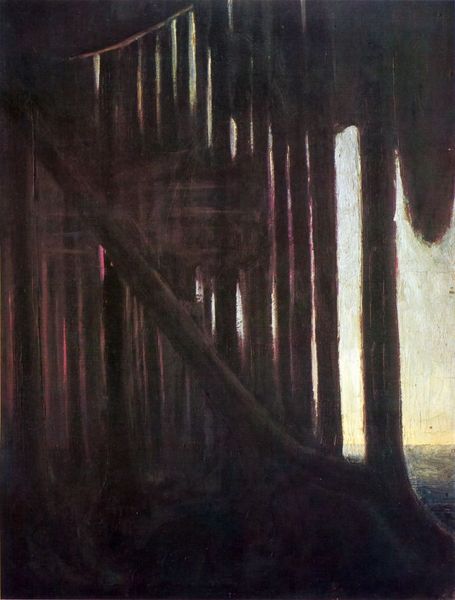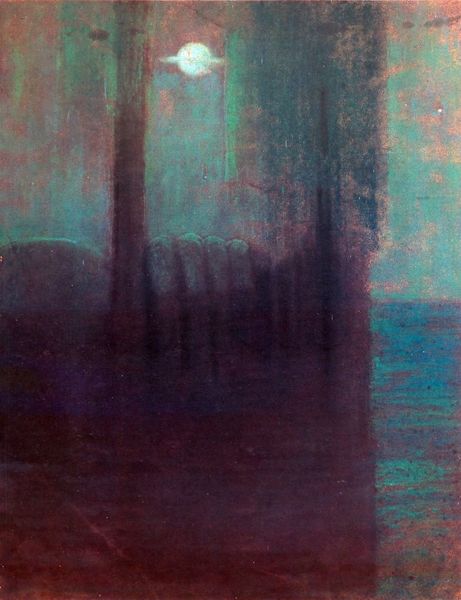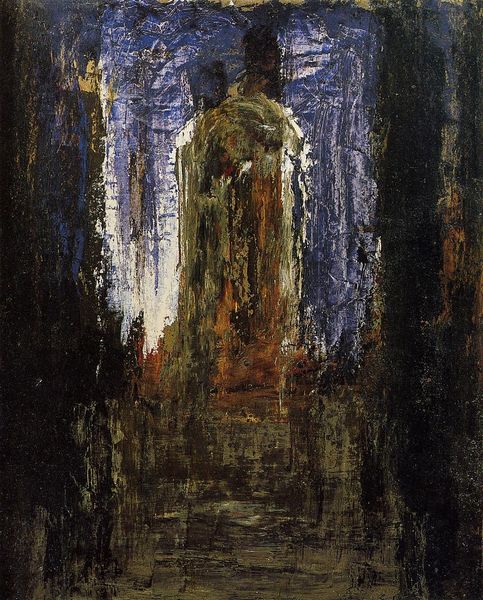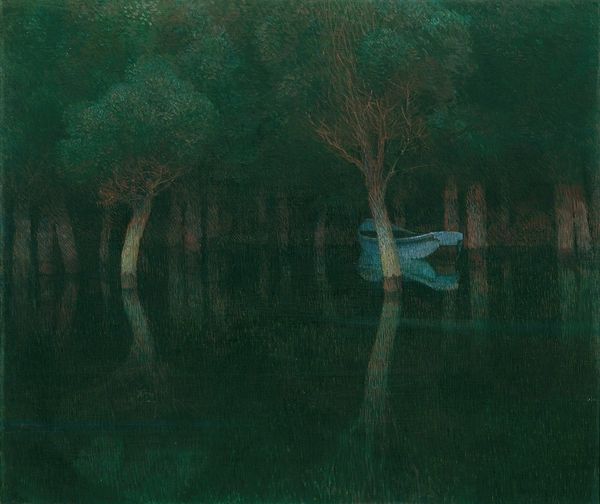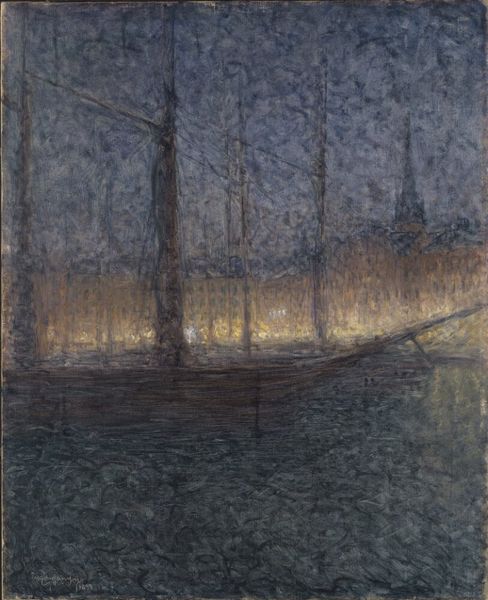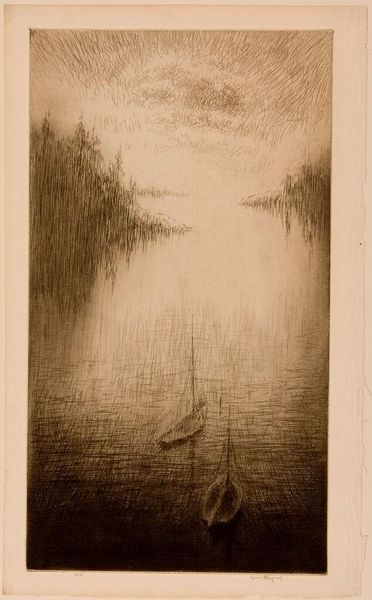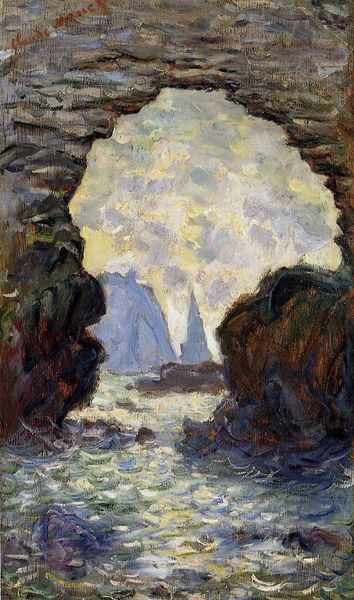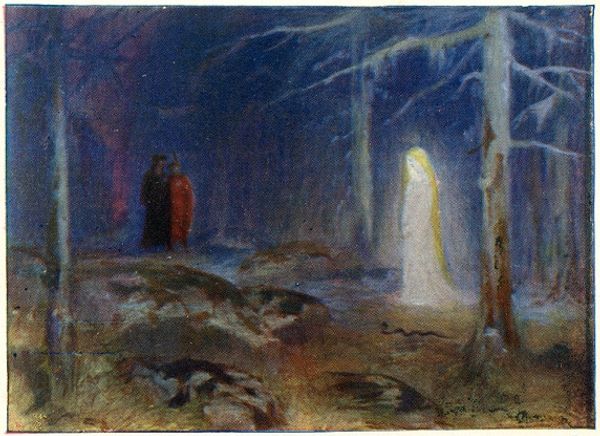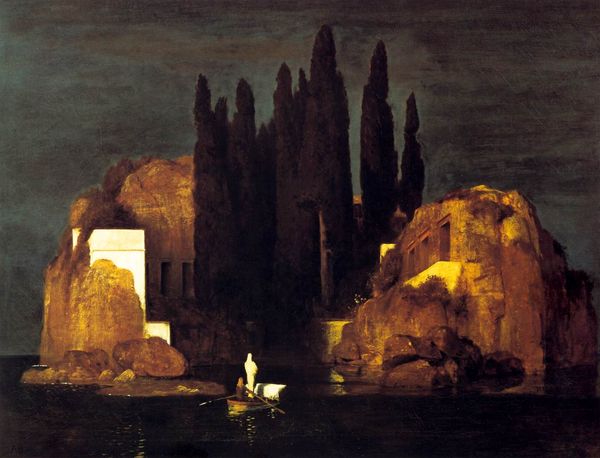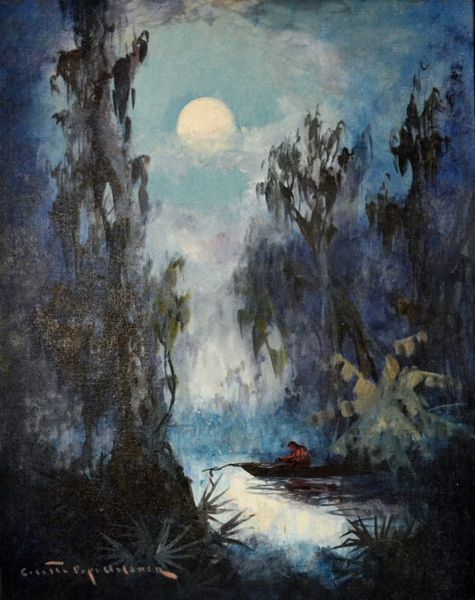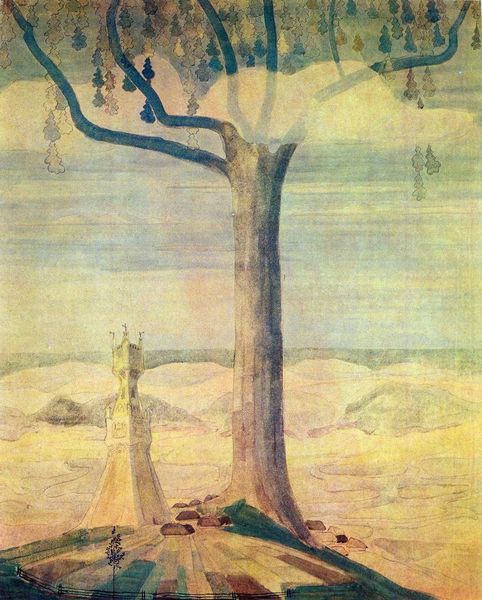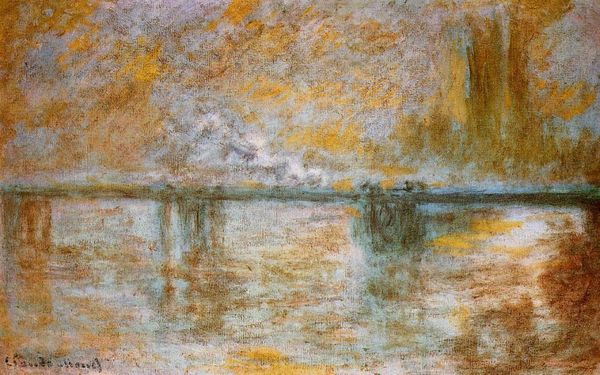
painting, watercolor
#
painting
#
landscape
#
oil painting
#
watercolor
#
romanticism
#
genre-painting
#
watercolor
#
realism
Copyright: Public domain
Miklos Barabas’ “The Blue Grotto” is an oil painting, likely made in the mid-19th century. The artist has built up the image using traditional techniques, coaxing out the grotto’s luminescent textures. The paint is applied smoothly with little impasto, allowing for a sense of depth and the illusion of light reflecting off the water. Barabas clearly intended to capture the atmosphere of the grotto, the play of light and shadow on the rock formations, and the sense of wonder one might experience upon entering such a space. But what does it mean that the artist took the time to render this view with such care? Before the advent of photography, painting was a primary means of documenting and sharing images of the world. By creating this work, Barabas was participating in the culture of tourism, where leisure time and disposable income allowed for journeys to picturesque locations. The painting becomes a souvenir, a memento of a unique experience, and a symbol of the artist's and the viewer's access to a privileged world.
Comments
No comments
Be the first to comment and join the conversation on the ultimate creative platform.
